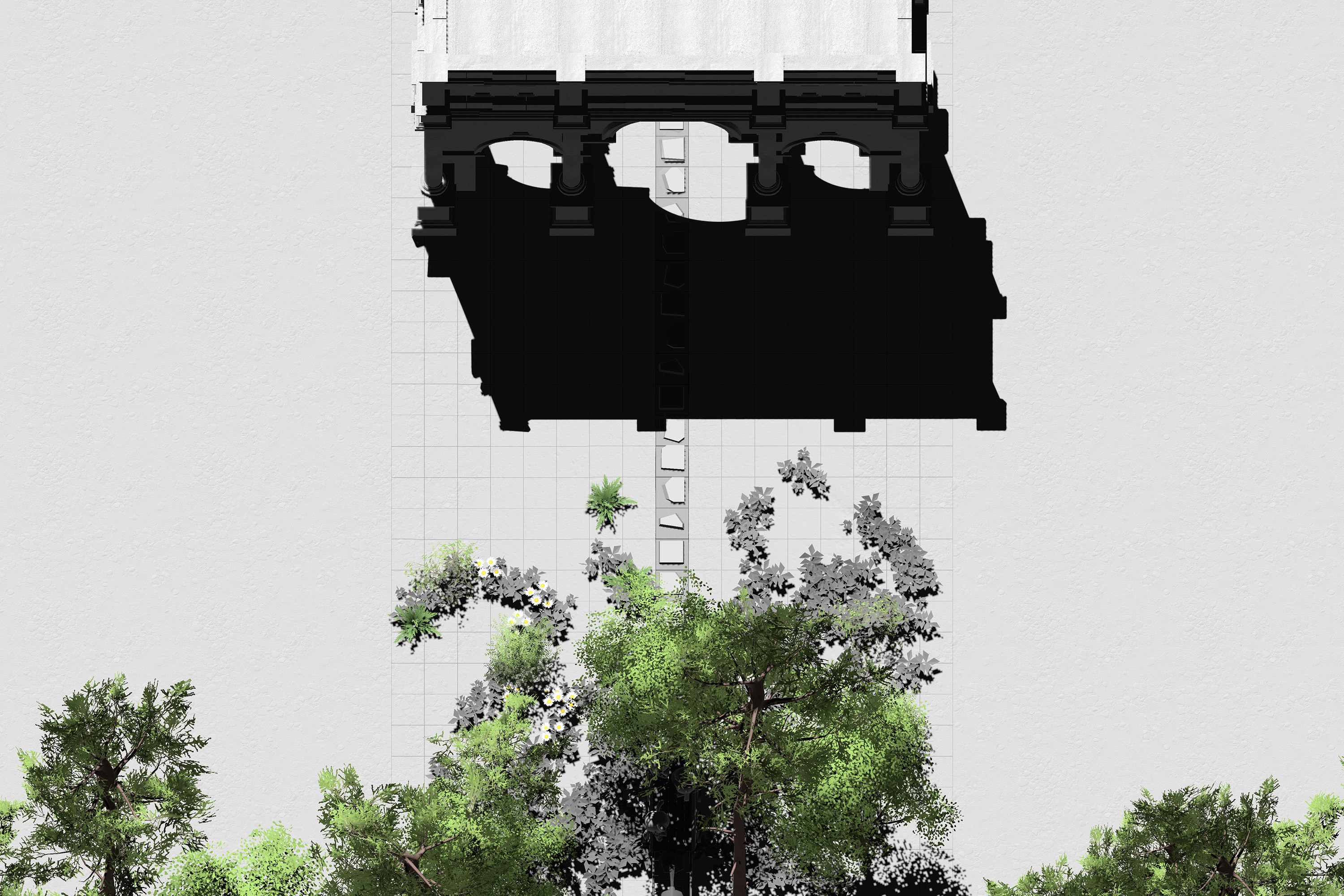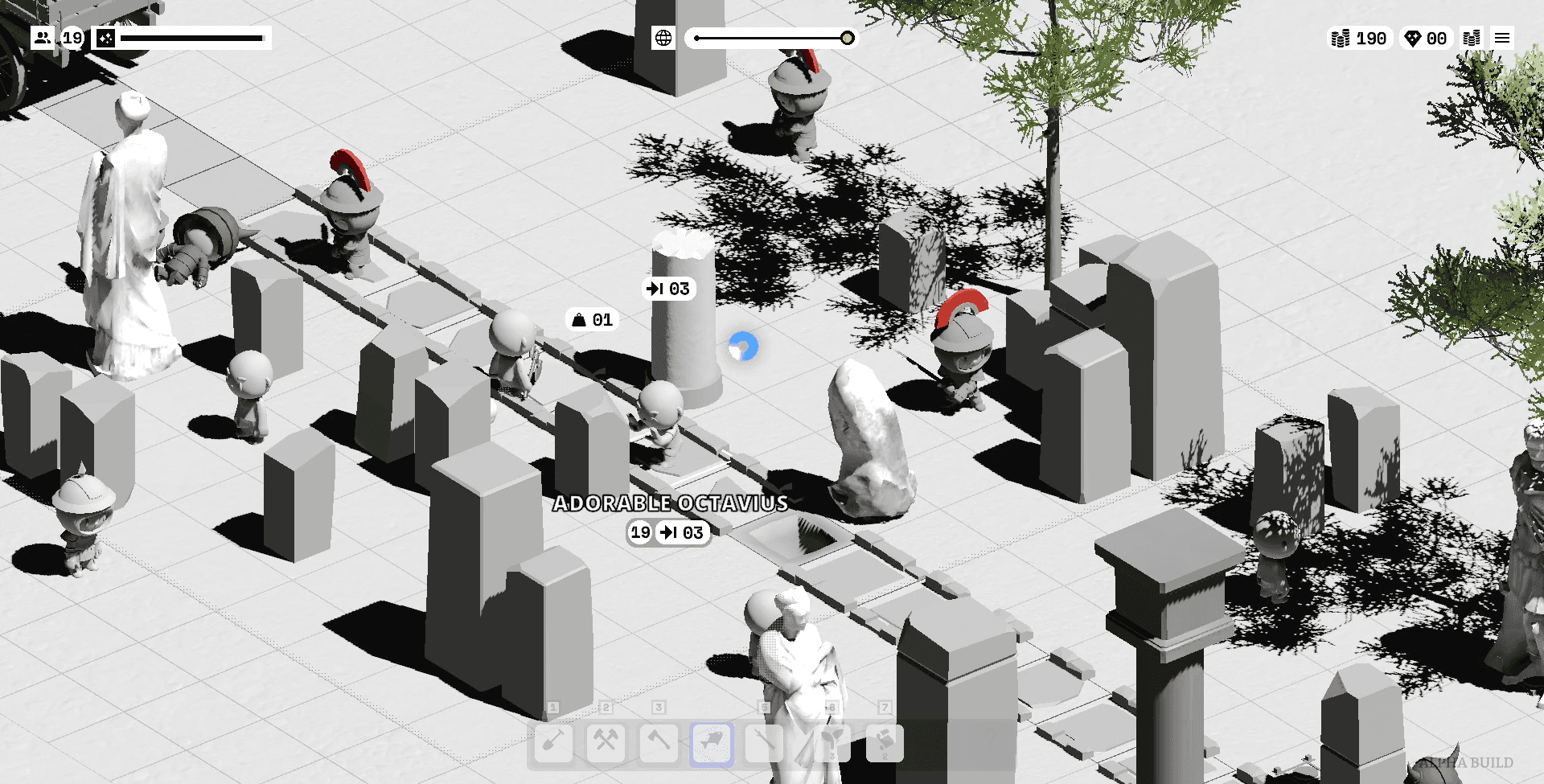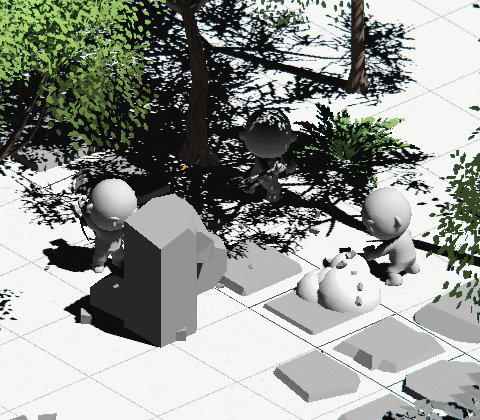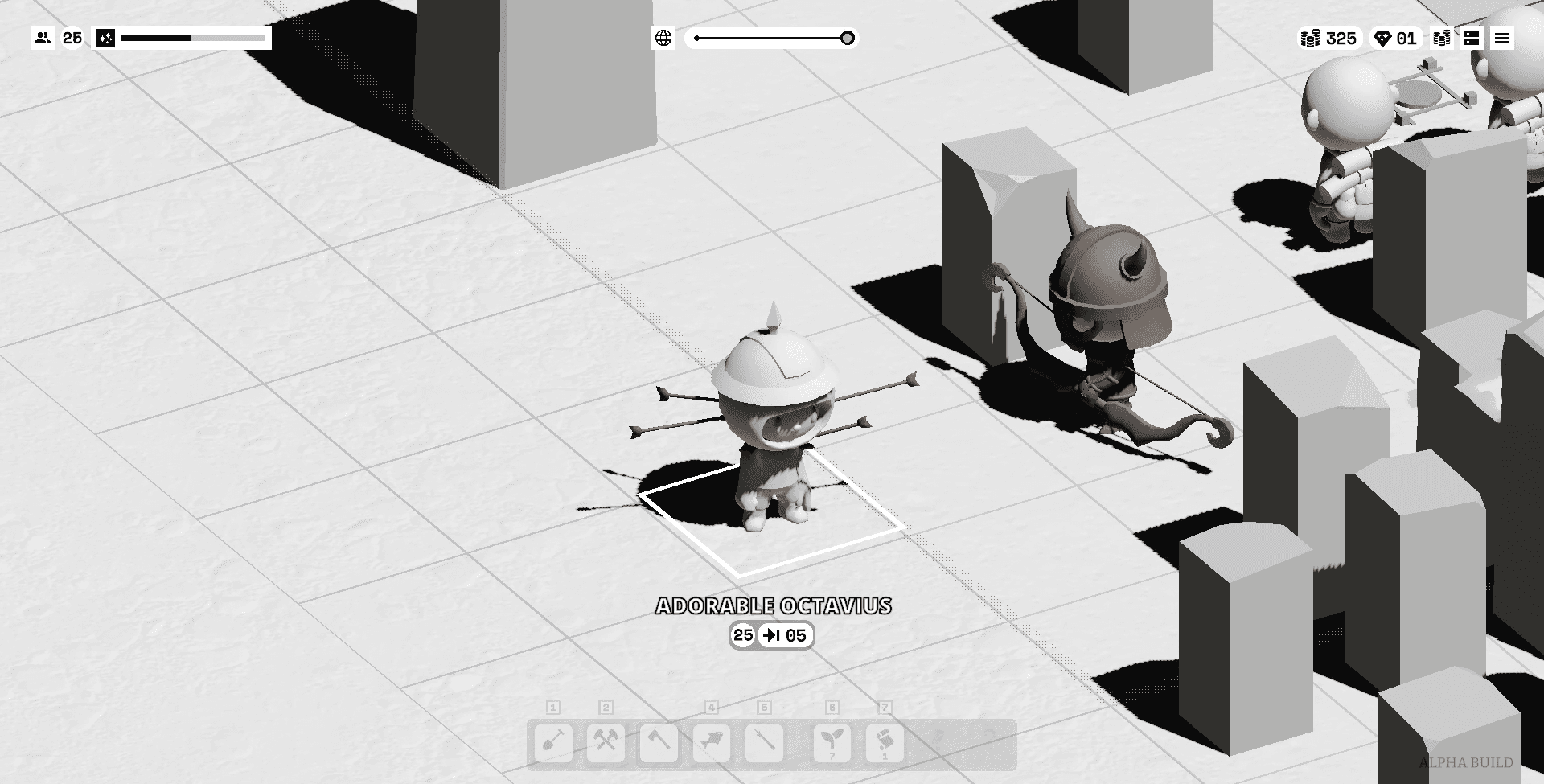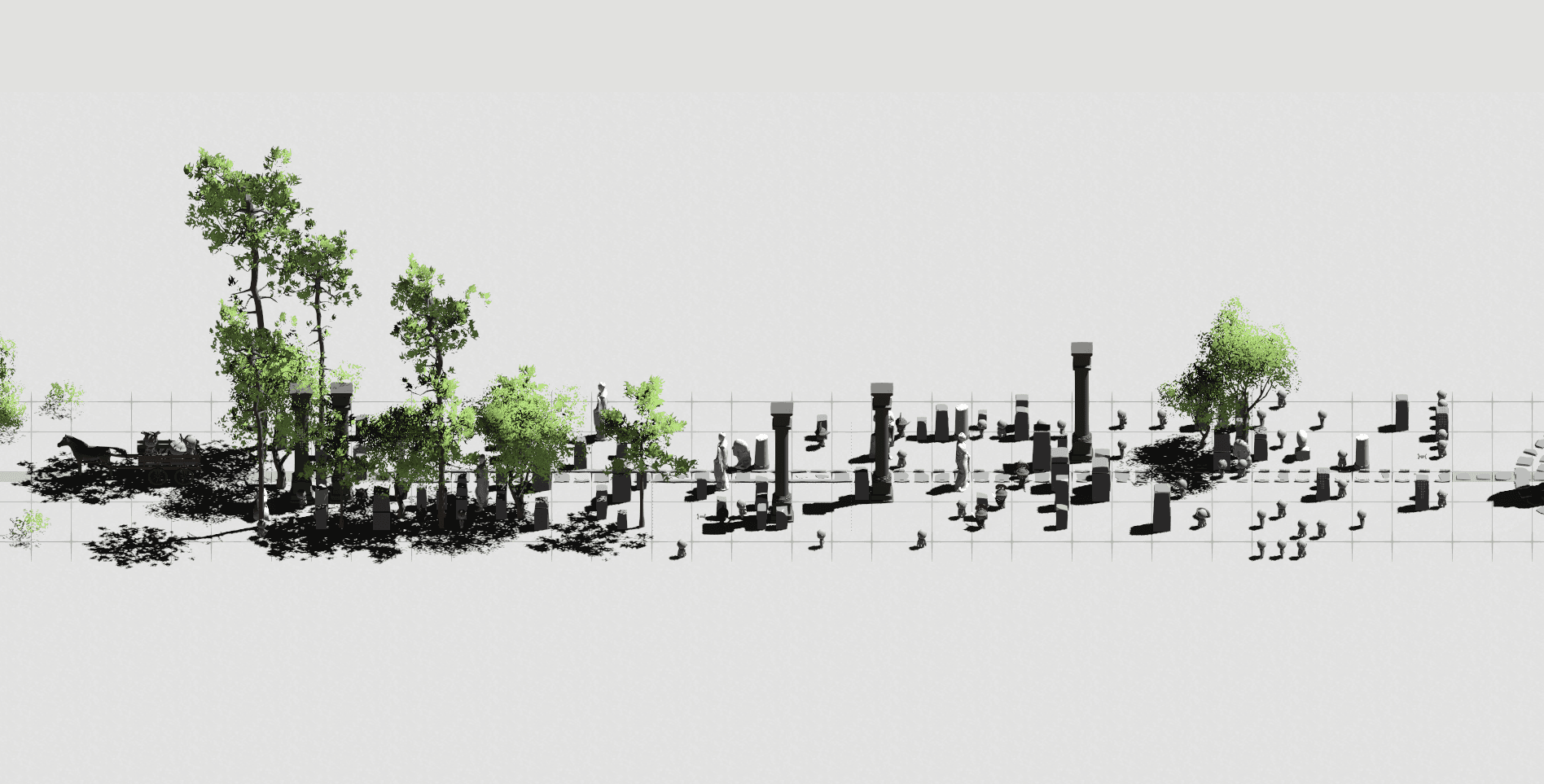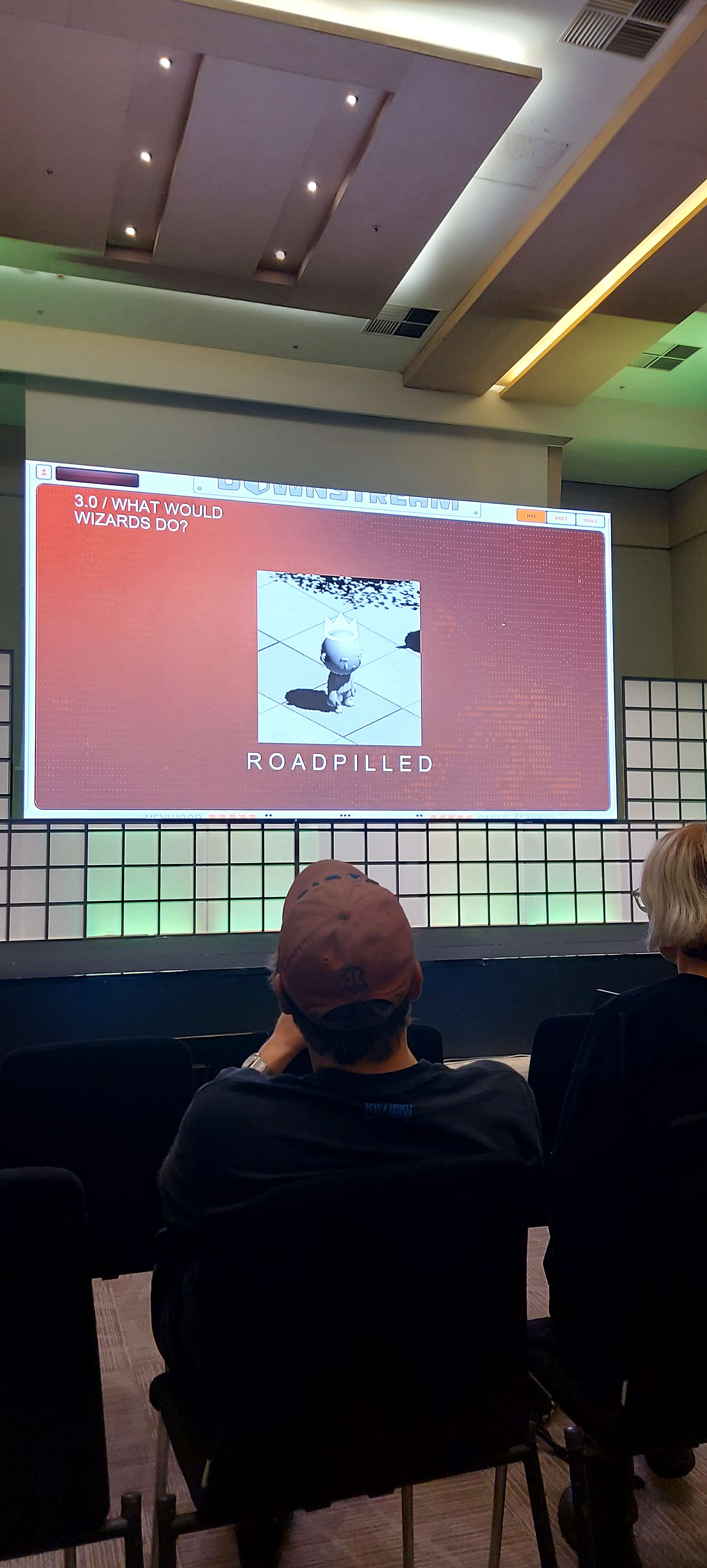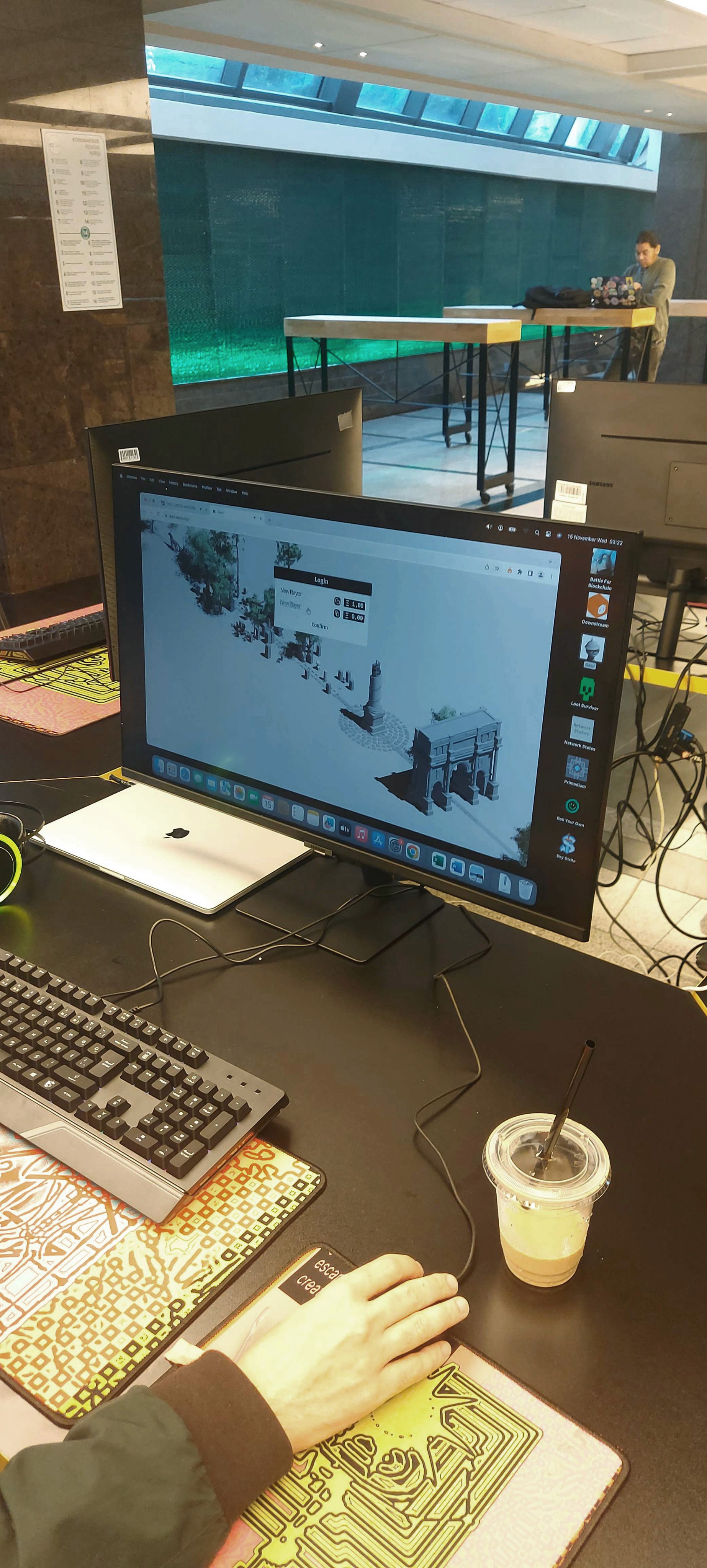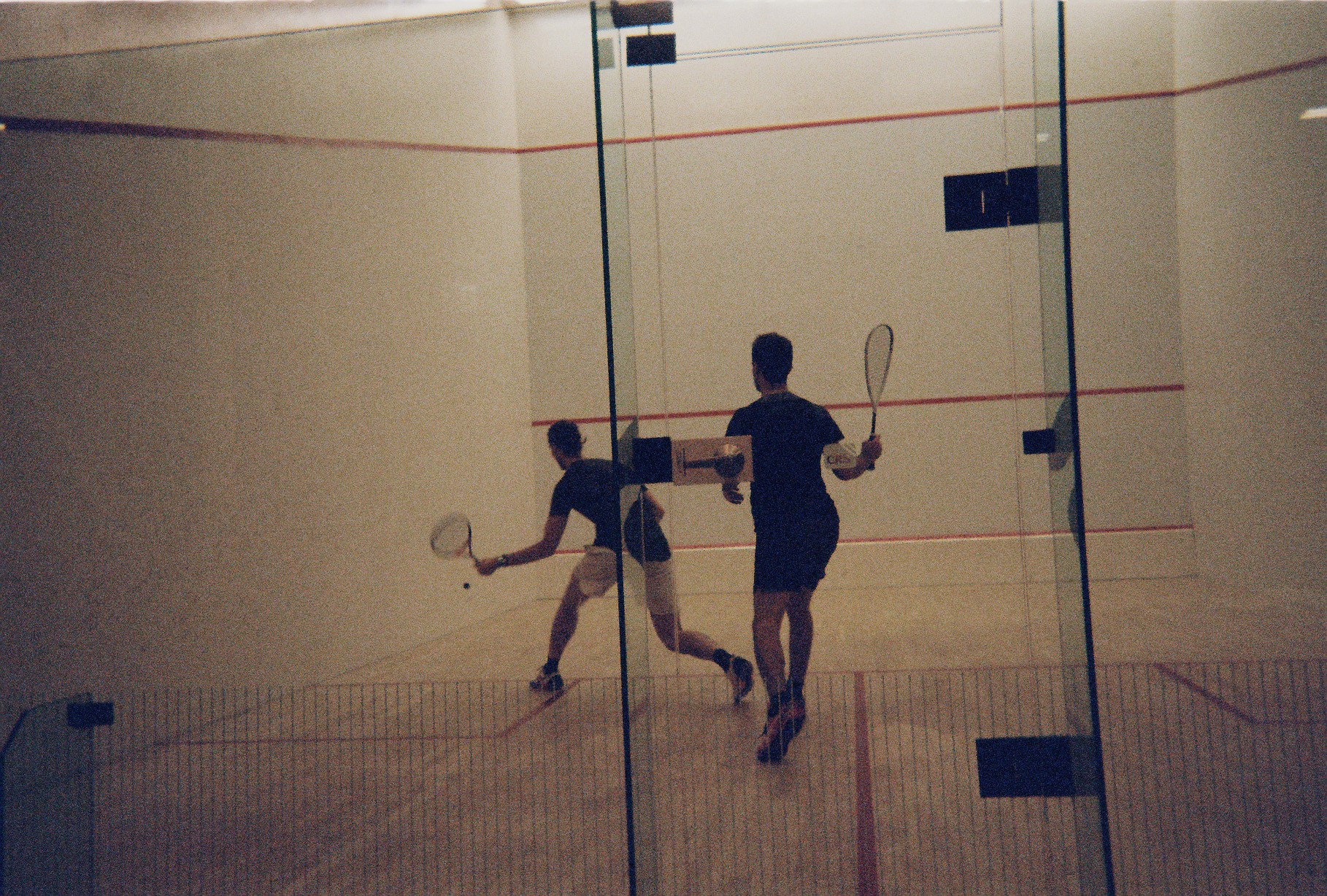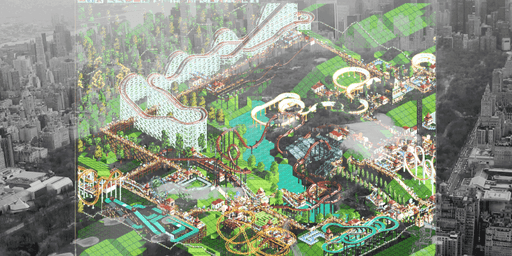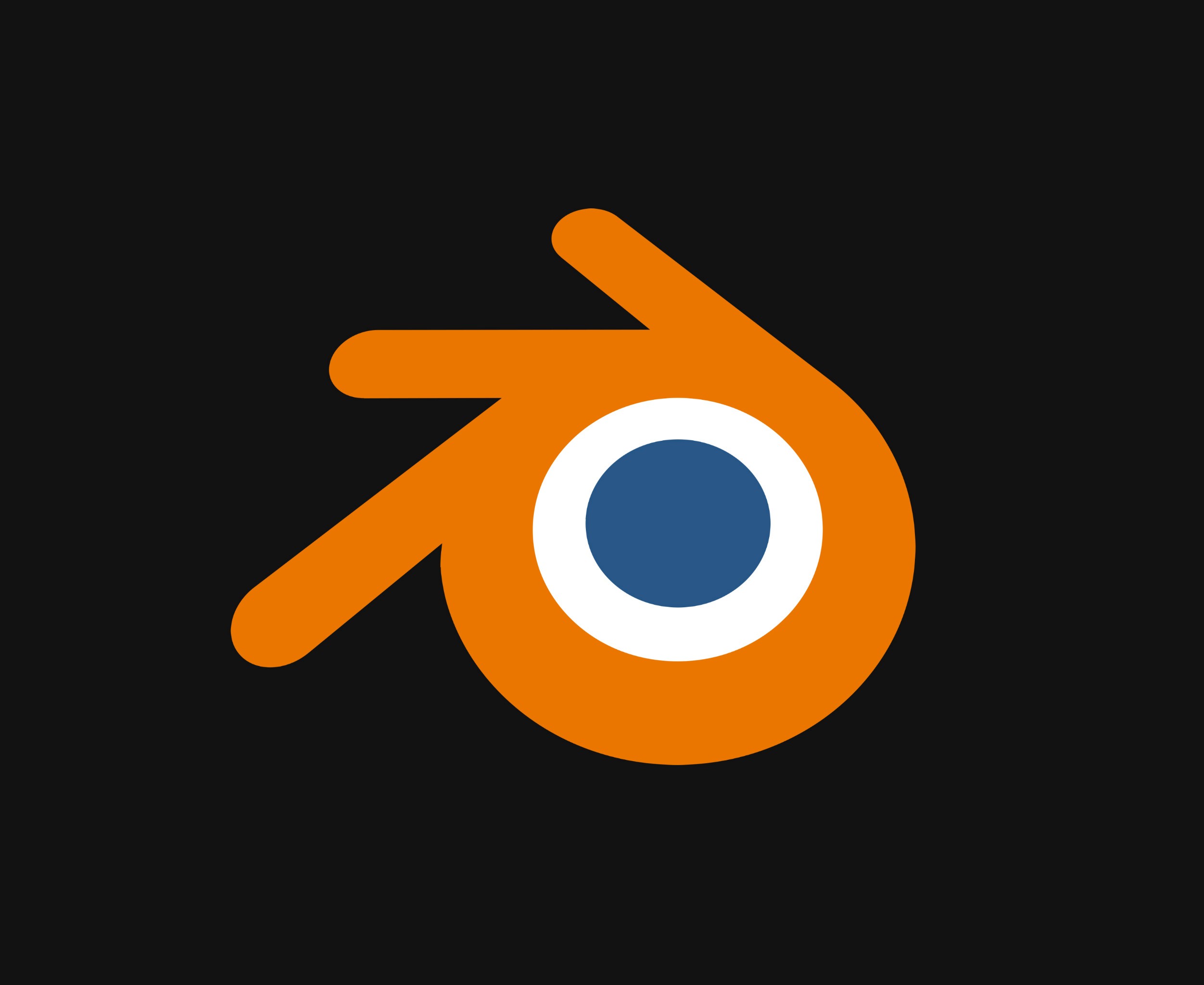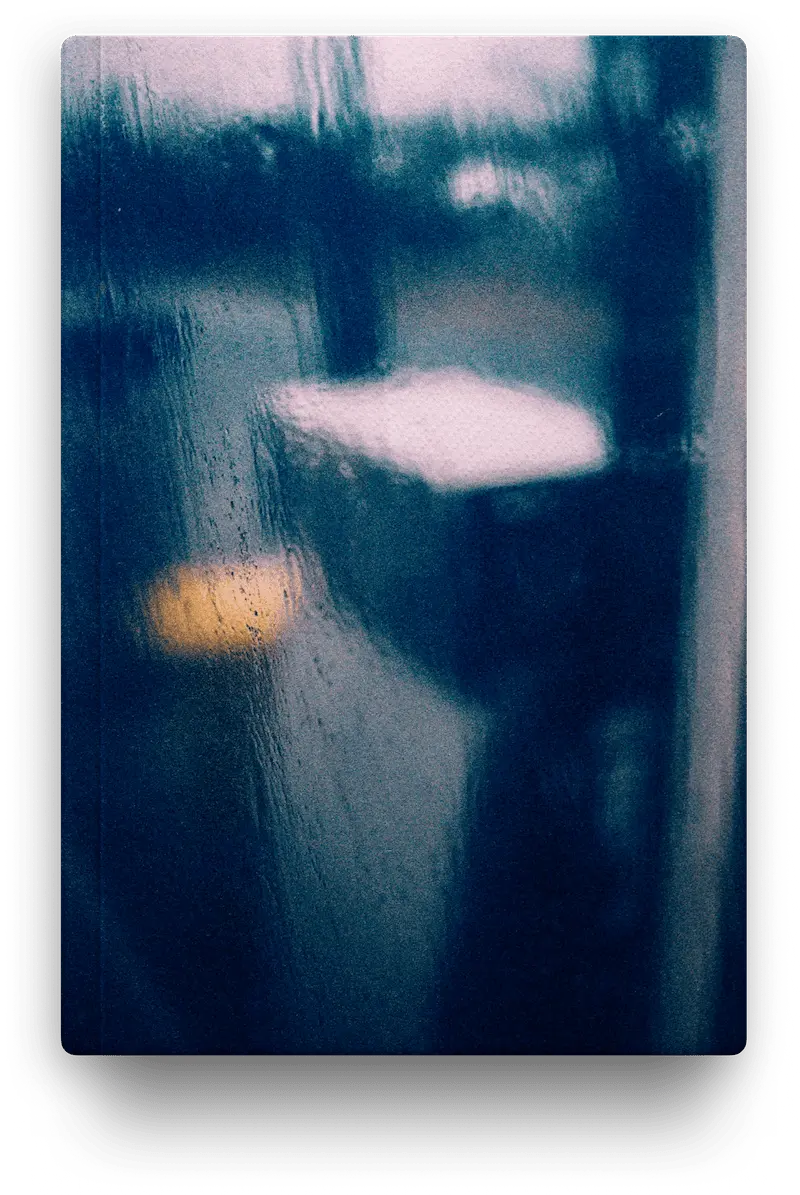Problem
The challenge was to create a fun and engaging game and work within the constraints of blockchain.
Currently, blockchain is computationally expensive and slow, and we set out to create a responsive experience completely on par with other games.
By leveraging puzzle-style game mechanics (that require the player to think in-between moves) we were able to create a compelling experience.
Process
Gaul began as a multiplayer Sokoban style puzzle game. Players cooperate to build a road inside a procedurally generated world.
With David Huang and Lattice creating the backend for sending and receiving cryptographic updates, my responsibility could stay on the frontend design and video game development.
As the Lead Designer, my role was to take us from prototype to interactive web game and develop every surface of the project.
A minimalist 3D style was developed with cute characters entrenched in a detailed puzzle-like terrain.
Outcome
Gaul was unveiled at Devconnect Istanbul at the Autonomous Worlds conference. Hundreds of players experienced a new kind of game while helping prove a novel technology.
By playtesting and iterating on a simple procedural game concept, we were able to scale up the experience to more ambitious player counts and game durations.
The game took 6-months to develop and was wildly successful based on our initial constraints.
Open-source code, documentation, and tutorials for how to create onchain games were also made public.
